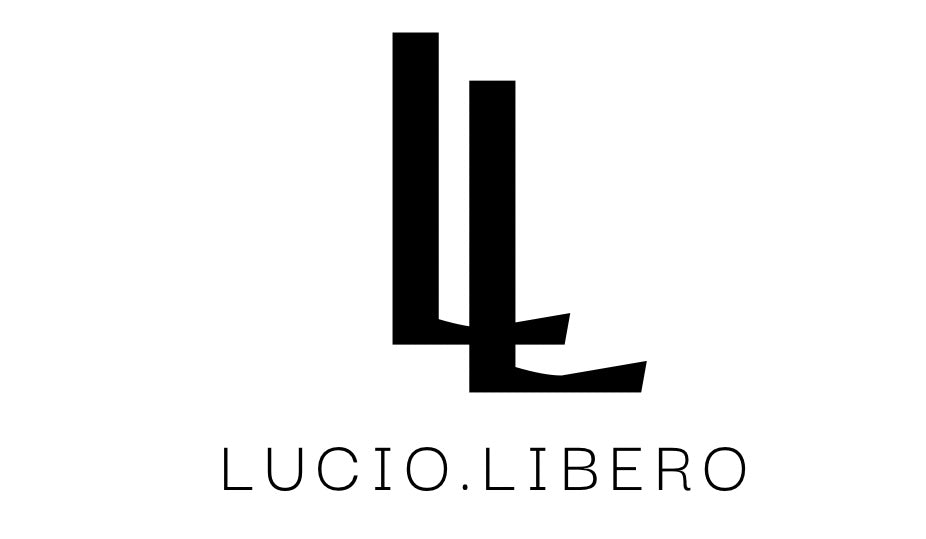Choosing the Right Baby Moisturiser
In the precious early years of a baby’s life, every aspect of their care is vital, particularly the health of their delicate skin. The choice of a moisturiser transcends mere hydration; it’s about selecting a product that nurtures and protects, mindful of the unique needs of baby’s skin. With a plethora of products on the market, the trend towards natural moisturisers is driven by concerns over synthetic, toxin, and chemical-laden options. These considerations are crucial for understanding why selecting the right moisturiser, particularly a natural one, is paramount for your baby's skin health.
Understanding Baby's Skin
Baby skin is remarkably different from adult skin, more susceptible to irritation and permeable to harmful substances. Recognising common baby skin types—normal, dry, sensitive, and eczema-prone—is essential. Each type requires specific care, highlighting the importance of choosing a moisturiser that supports the skin's natural barrier function while providing necessary hydration.
The Role of Natural Ingredients in Baby Moisturisers
The shift towards natural ingredients in baby moisturisers is a response to the potential harms posed by synthetic components. Natural ingredients offer compatibility with the skin’s biological processes, providing hydration, protection, and healing without the adverse effects associated with toxins and harsh chemicals found in some conventional products.
The Impact of Synthetic, Toxins, and Chemical Moisturizers
Conventional products may contain synthetic ingredients, toxins, and chemicals like parabens, phthalates, and sulfates, which can irritate baby's skin, cause allergies, and pose unknown long-term health effects. Awareness of these substances is vital, underscoring the importance of opting for products with clean, natural formulations.
Key Ingredients to Look For
Effective natural moisturizers for babies may include shea butter, coconut oil, oatmeal, and aloe vera—each offering unique benefits such as moisturizing properties, soothing capabilities, and suitability for sensitive skin.
How to Choose the Right Moisturizer
Selecting the right moisturiser involves understanding your baby's skin type, conducting patch tests, and carefully reading product labels to avoid harmful ingredients, ensuring a good fit for your baby's skin needs.
Recommended Natural Moisturizers for Each Skin Type
Depending on your baby's skin type—whether normal, dry, sensitive, or eczema-prone—different natural moisturizers offer specific benefits. Recommendations include lightweight formulations for normal skin and richer products containing shea butter or coconut oil for dry skin, among others.
Effects of Toxins and Chemicals on Baby Skin
Exposing baby's skin to toxins and chemicals can lead to irritation, allergies, and more severe health issues over time. Opting for natural moisturisers minimises these risks, promoting not only immediate comfort but also long-term skin health.
The Long-Term Importance of Good Skin Care Habits
Establishing a routine of using safe, natural moisturisers contributes to long-term skin health, preventing future issues and instilling lifelong healthy habits. Early skin care practices play a crucial role in developing a healthy skin barrier and reducing the risk of allergies.
Choosing the right moisturiser for your baby is about nurturing and protecting their skin with safe, beneficial ingredients. By prioritizing natural ingredients, parents ensure their baby's skin receives the care it deserves, fostering healthy skin now and in the future.
---
The Campaign for Safe Cosmetics reported in 2009 that numerous baby skincare products, including soaps, lotions, and shampoos, often labeled as "natural," contain carcinogenic chemicals due to minimal FDA regulation. These products may include harmful ingredients such as formaldehyde, parabens, synthetic fragrances, and triclosan, which pose significant health risks like skin irritation, endocrine system disruption, and potentially cancer. It's crucial for parents to meticulously read product labels and choose items with straightforward, safe ingredient lists from reputable brands, to reduce the risk of exposing infants to these dangerous chemicals (source: https://static.ewg.org).

